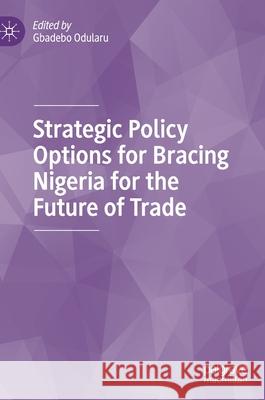Strategic Policy Options for Bracing Nigeria for the Future of Trade » książka
topmenu
Strategic Policy Options for Bracing Nigeria for the Future of Trade
ISBN-13: 9783030345518 / Angielski / Twarda / 2020 / 231 str.
Strategic Policy Options for Bracing Nigeria for the Future of Trade
ISBN-13: 9783030345518 / Angielski / Twarda / 2020 / 231 str.
cena 201,72 zł
(netto: 192,11 VAT: 5%)
Najniższa cena z 30 dni: 192,74 zł
(netto: 192,11 VAT: 5%)
Najniższa cena z 30 dni: 192,74 zł
Termin realizacji zamówienia:
ok. 22 dni roboczych
Bez gwarancji dostawy przed świętami
ok. 22 dni roboczych
Bez gwarancji dostawy przed świętami
Darmowa dostawa!
Kategorie:
Kategorie BISAC:
Wydawca:
Palgrave MacMillan
Język:
Angielski
ISBN-13:
9783030345518
Rok wydania:
2020
Wydanie:
2020
Ilość stron:
231
Waga:
0.45 kg
Wymiary:
21.01 x 14.81 x 1.6
Oprawa:
Twarda
Wolumenów:
01
Dodatkowe informacje:
Wydanie ilustrowane











